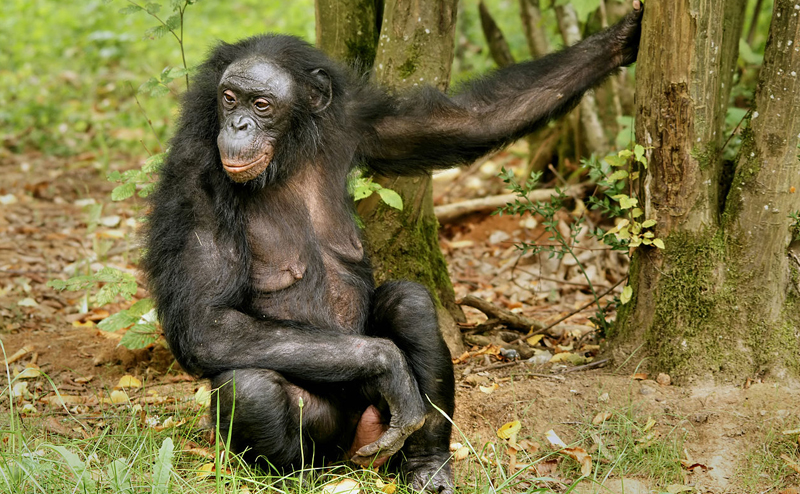
Who is the smartest of them all?
You have to admit, as a species, we’re pretty spectacular. Our phones can navigate our cars through unknown cities and tell us what to eat when we get there. We can travel to space, trawl the deep ocean, and now computers can design genetic code that can be ‘downloaded’ into living cells.
If the aliens turned up and asked to speak to the most intelligent species on the planet, most of us have no doubt on who would be stepping forward.
I recently had dinner with Temple Grandin, who was just named one of Time Magazine’s most influential people. Temple is autistic. At one point during the meal, she leaned forward, her clear blue eyes wide and unblinking and said,
‘The problem with Normals is that they can’t see other types of intelligence.’
Temple was referring to her ongoing campaign for education for autistic children. Just because autistic children do not have a typical type of intelligence, does not mean they are less intelligent than normal people. Autistic people have a different type of intelligence, and what they are capable of can sometimes surpass our wildest imagination.
Temple had reviewed my new book Bonobo Handshake, and enjoyed a similar point I make about bonobos. Just because bonobos might fail tests a four year old child can pass easily, doesn’t make bonobos less intelligent than humans.
In my panel for the World Science Festival, All Creatures Great and Smart, I’m looking forward to bringing the intelligence of bonobos to light.
Because I would swap every gadget I own – my phone, my laptop, the potential to fly to the moon – if I could wake up as a bonobo. No bonobo has ever been seen to kill another bonobo. There is very little violence towards females. The infants get an idyllic childhood where they do nothing but hang out with their moms and get anything they want. There is plenty of food. Lots of sex.
Bonobos hold the key to a world without war. Their physiology, biochemistry, and psychology is set up to avoid violence. The fact that sex is their mechanism to reduce tension is irrelevant. We need to study bonobos and use our big fat brains to find our own mechanism so we can live peacefully.
We’ve had 26 days without war since WWII. Right now, there are 7 conflicts throughout the world killing over 1,000 people a year. In Congo alone, where bonobos live, 1,500 people die every day. Despite cognitively knowing that we need to cooperate and get along, our emotions get in the way.
We have to find a way to be more like bonobos. They share 98.7% of our DNA. What’s in that 1.3% that makes them the way they are? And if we can use hummingbirds as models for helicopters and cat’s eyes as a model for reflector lights, why can’t we use bonobos as a model to bring peace on earth and goodwill to everyone?
Update: Watch the All Creatures program featuring Vanessa Woods here >>
Comments